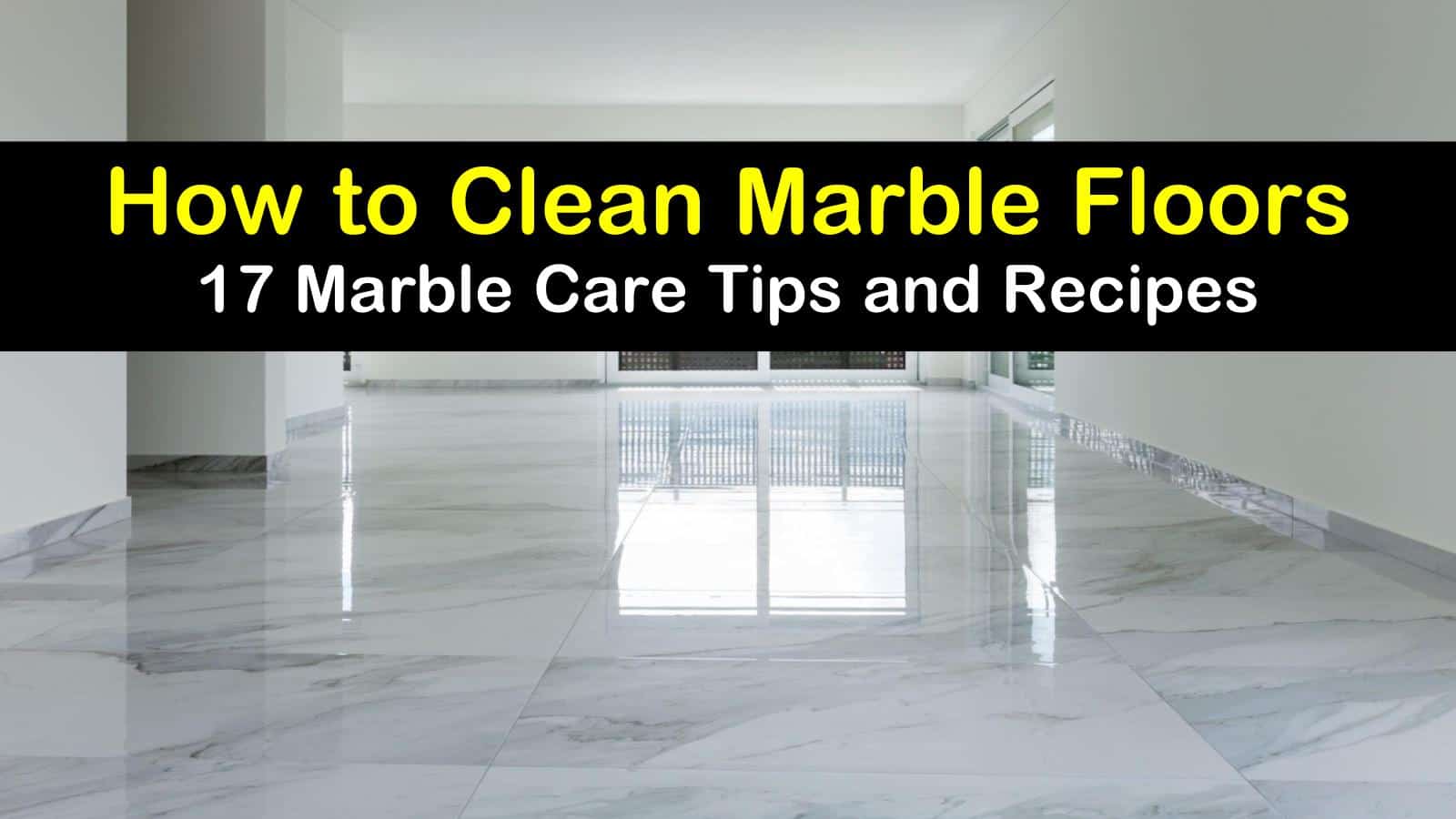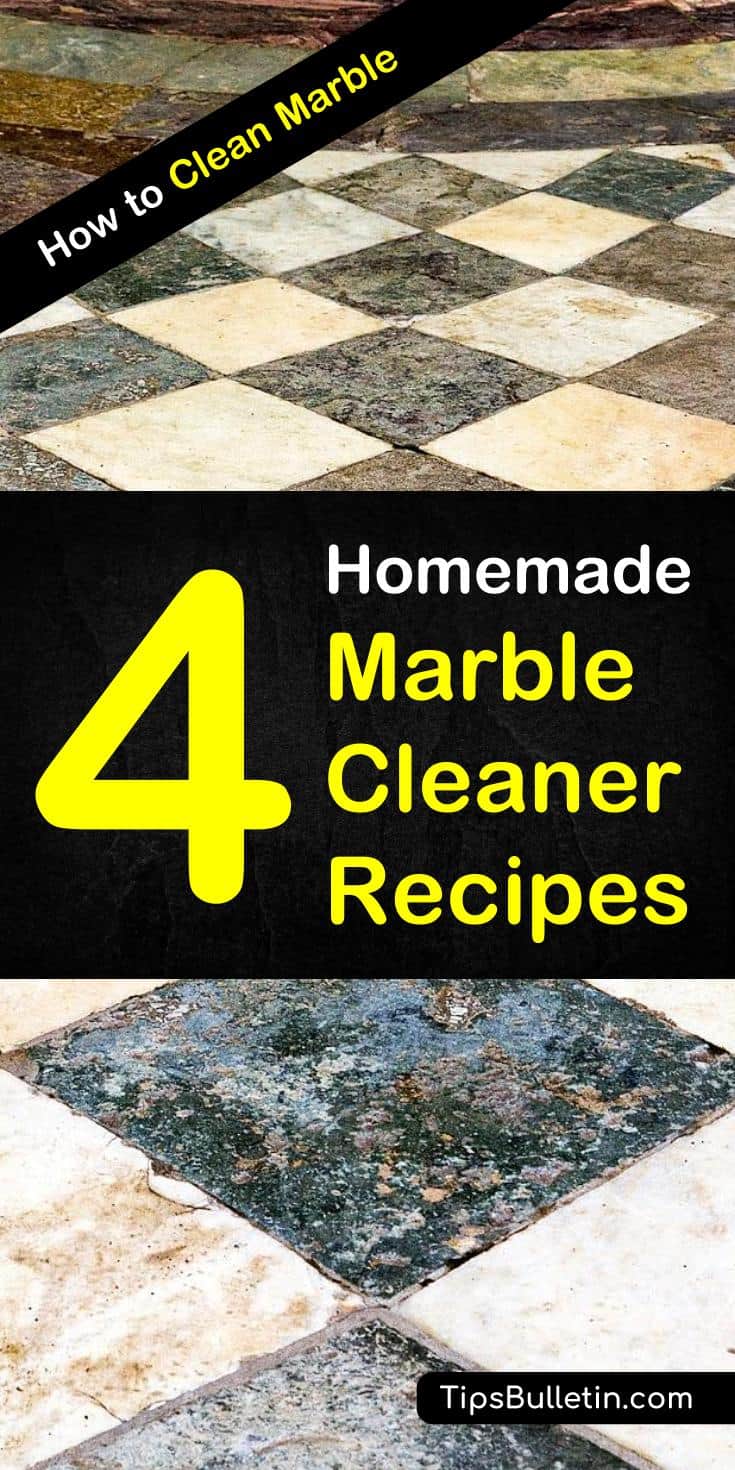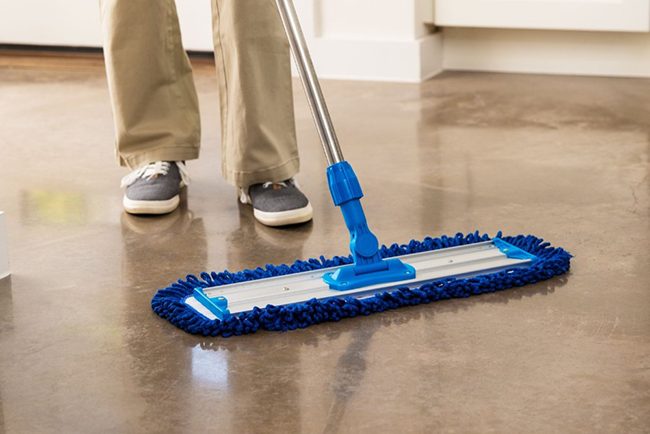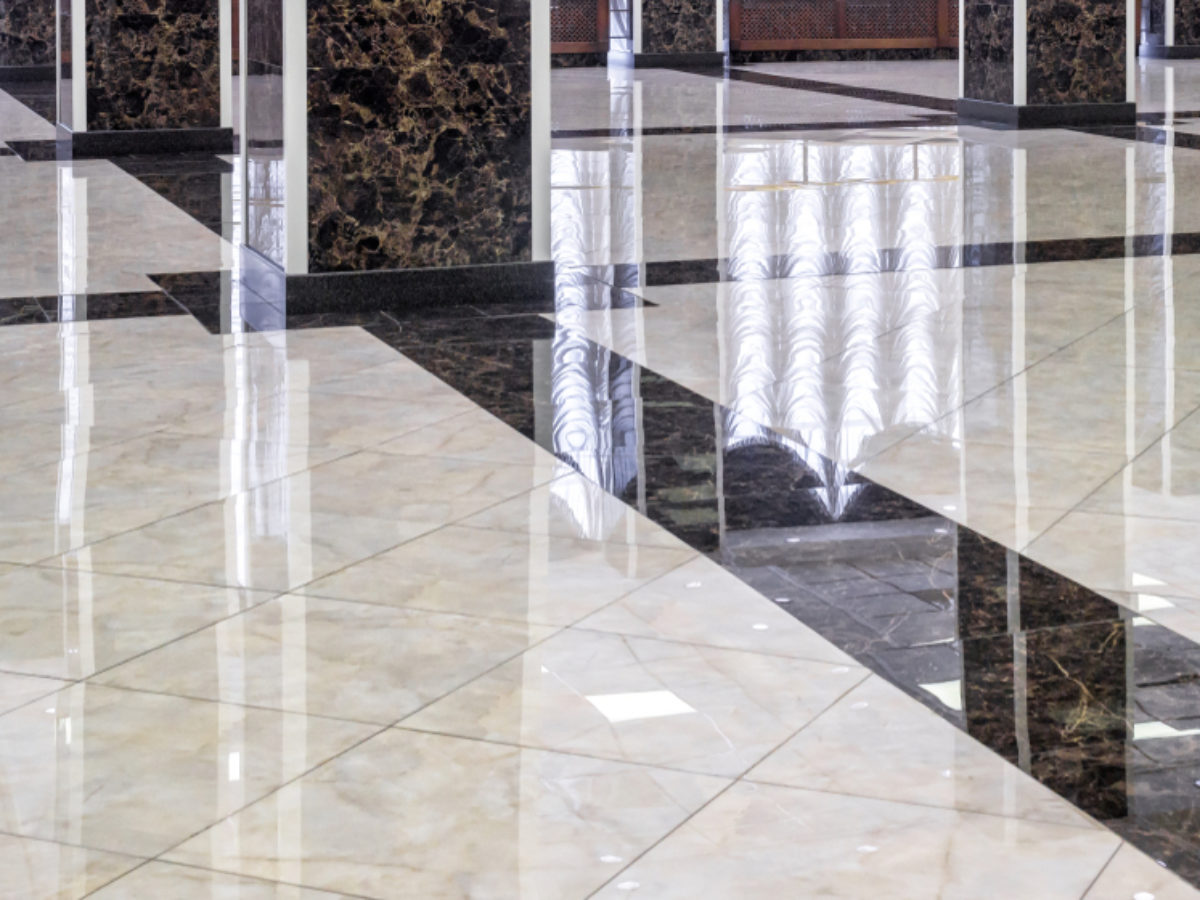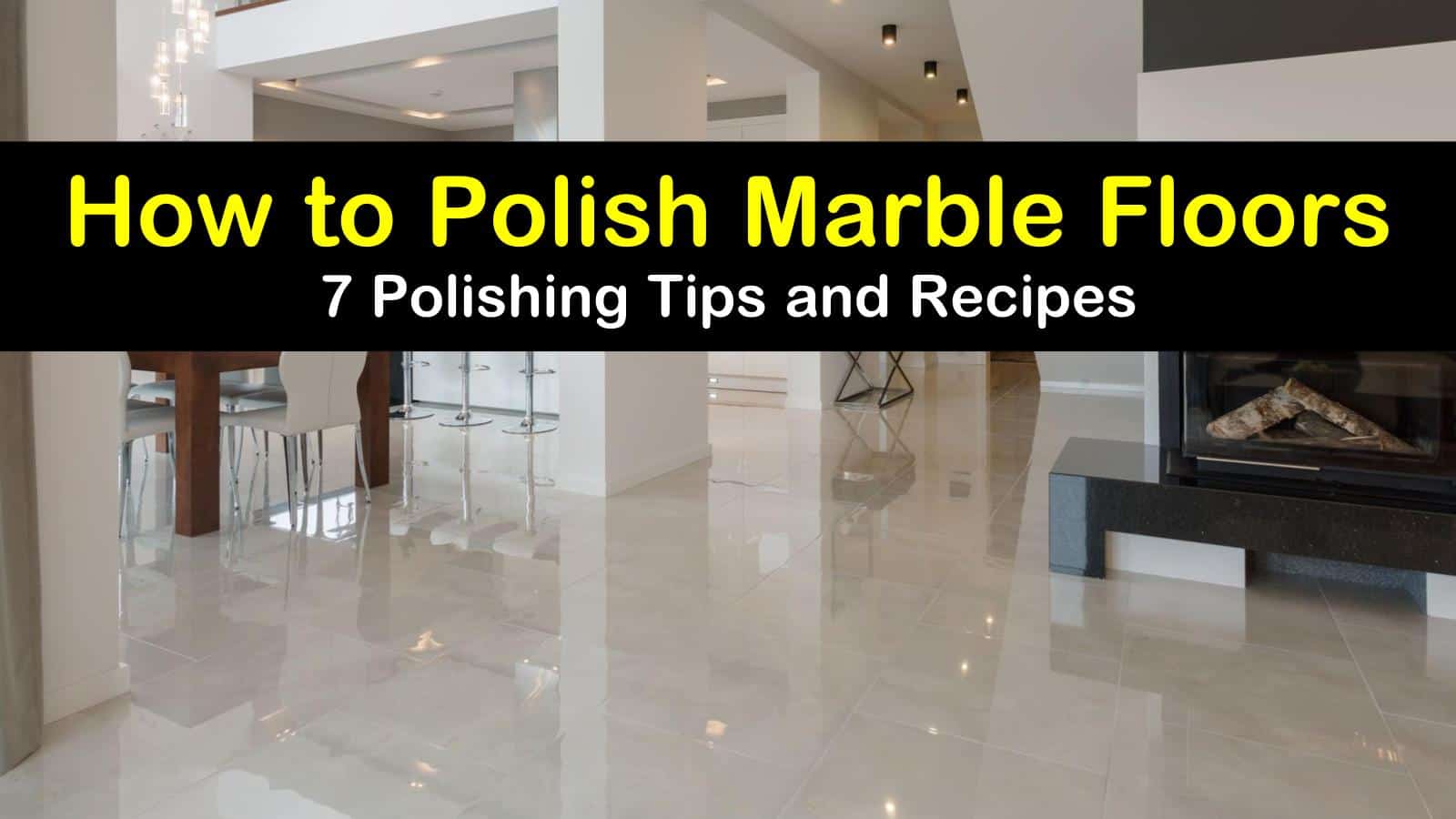Why Use a DIY Marble Floor Cleaner?
Marble floors are a luxurious and elegant addition to any home, but maintaining them requires extra care. Commercial cleaners can often be too harsh for marble, which is a sensitive and porous material. This is where DIY marble floor cleaners come in handy. Not only are they gentle, but they can also be made with natural ingredients that won’t harm your marble’s delicate surface. Let’s find out why using a DIY cleaner is a smart choice for marble floors.
- Gentle on Marble’s Porous Surface Marble is highly porous, which means it can absorb liquids and stains easily if not properly cared for. Many commercial cleaners contain acidic ingredients like vinegar or lemon, which can cause etching and damage over time. A DIY cleaner allows you to control the ingredients, ensuring that your cleaning solution is pH-neutral and safe for marble.
- Cost-Effective Alternative Store-bought marble cleaners can be expensive, especially if you’re using them regularly to maintain a large space. DIY solutions can be made with inexpensive household items that you likely already have in your pantry. By making your cleaner, you save money without sacrificing the quality of your floor care.
- Environmentally Friendly Many commercial cleaners contain chemicals that can harm the environment when washed away. By using a DIY cleaner with natural, biodegradable ingredients, you reduce your carbon footprint and avoid releasing harmful chemicals into the water system. It’s a win-win for your home and the planet.
- Customization for Specific Needs With DIY cleaners, you have the flexibility to customize the formula to suit your specific needs. For example, if you need a stronger cleaner for tough stains, you can adjust the concentration of ingredients. Alternatively, you can add a few drops of essential oil for a pleasant fragrance while keeping the formula safe for marble.
- No Harsh Chemicals or Fumes Commercial cleaners can often leave behind strong fumes or residues, which can be bothersome, especially in poorly ventilated areas. With DIY solutions, you can avoid harsh chemicals that contribute to indoor air pollution. Natural ingredients like baking soda, castile soap, or mild dish soap clean effectively without leaving behind any toxic fumes.
- Quick and Easy to Make One of the best reasons to use a DIY marble floor cleaner is how simple it is to make. Most recipes require just a few common household items, and you can mix up a batch in minutes. This convenience allows you to always have a fresh, effective cleaner on hand when you need it.
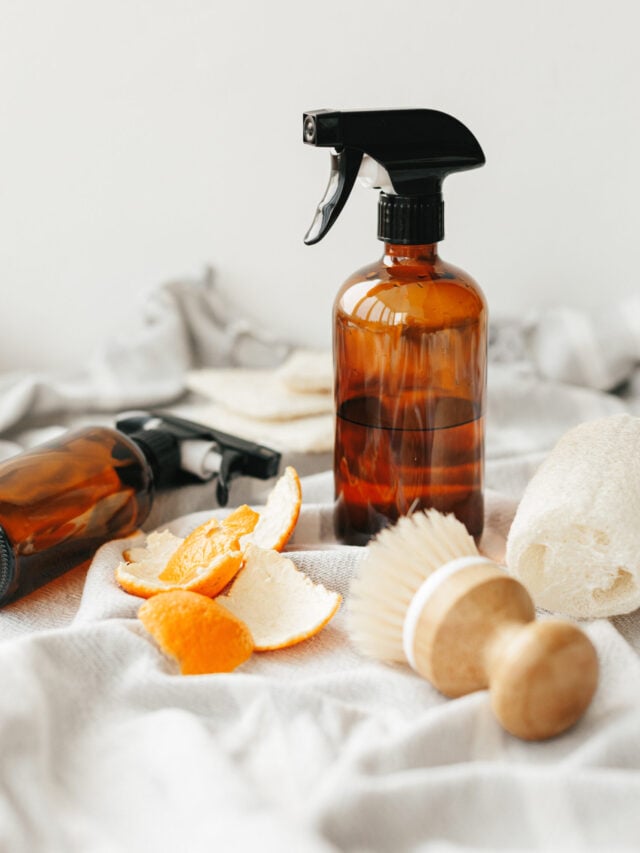
Essential Ingredients for a Safe and Effective Marble Cleaner
Creating a DIY marble floor cleaner is all about selecting the right ingredients that clean without damaging the surface. Marble, being sensitive to acidic substances, requires a non-abrasive, pH-neutral cleaner. Let’s explore the essential ingredients that you’ll need to make a safe and effective marble cleaner right at home.
Water: The Base for Any Cleaner Water is the most important ingredient in any DIY cleaner. When it comes to marble, it’s crucial to use distilled or filtered water to avoid introducing any impurities or minerals that could leave streaks or damage the surface. Water acts as the base that dilutes other ingredients and helps distribute them evenly across the floor.
Mild Dish Soap A few drops of mild, non-acidic dish soap can do wonders when cleaning marble. Make sure to use a soap that is free from dyes and harsh chemicals, as these can damage the marble’s finish. Dish soap is great for cutting through grease and grime without harming the surface.
Isopropyl Alcohol Isopropyl alcohol is an effective cleaner that evaporates quickly, making it ideal for marble. It helps to disinfect the surface and remove dirt without leaving behind water spots or residue. It’s also pH-neutral, making it a safe ingredient for your marble cleaner.
Baking Soda (For Spot Cleaning Only) While baking soda should be used sparingly on marble, it’s a great option for spot-cleaning stubborn stains. It’s mildly abrasive, so it won’t scratch the marble, but it should only be used in a diluted paste form for tough spots. Be cautious not to overuse baking soda, as it can damage the finish over time if applied too frequently.
Essential Oils (Optional) Adding a few drops of essential oil like lavender or lemon (in small amounts) can give your cleaner a pleasant scent. While lemon juice is too acidic for marble, essential oils provide a way to introduce a light fragrance without the acidity. Make sure to choose oils that are non-acidic and safe for marble surfaces.
Microfiber Cloths or Mop While not an ingredient per se, using a soft microfiber cloth or mop is essential to apply your DIY cleaner without scratching the marble. Avoid using abrasive scrubbers or brushes, as these can cause micro-scratches that dull the marble’s shine.
Step-by-Step Guide to Making Your Marble Floor Cleaner
Making your marble floor cleaner is a simple process. With just a few common household ingredients, you can create an effective solution that keeps your marble floors clean and shiny without risking damage. Follow this step-by-step guide to create your own DIY marble floor cleaner.
Gather Your Ingredients To get started, you’ll need the following ingredients:
-
- 2 cups of distilled water
- 1/4 cup of isopropyl alcohol (optional for disinfecting)
- A few drops of mild dish soap
- 5-10 drops of essential oil (optional for fragrance)
- A spray bottle or bucket, depending on the application
Mix the Ingredients Begin by mixing the distilled water and isopropyl alcohol in your spray bottle or bucket. The water acts as the base, while the alcohol helps to disinfect and evaporate quickly, preventing water spots. Next, add a few drops of mild dish soap. Make sure not to overdo it—too much soap can leave a sticky residue.
Add Essential Oils (Optional) If you’d like to add a pleasant scent to your cleaner, you can include 5-10 drops of essential oil. Choose oils that are non-acidic, such as lavender, tea tree, or eucalyptus. Avoid acidic oils like lemon or orange, as they can harm marble surfaces. This step is entirely optional but can make your cleaning routine more enjoyable.
Shake Well Once all the ingredients are in the spray bottle, give it a good shake to mix everything thoroughly. If you’re using a bucket, stir the solution gently to ensure the soap and water are well combined. You’re now ready to clean!
Application For light cleaning, spray the solution directly onto the marble floor and use a soft microfiber mop or cloth to wipe it down. If you’re using a bucket, dip the mop into the solution and wring it out before applying it to the floor. Make sure not to oversaturate the marble, as too much water can seep into the pores and cause damage over time.
Buff the Floor After cleaning, use a dry microfiber cloth or mop to buff the floor. This will help to remove any remaining moisture and bring out the natural shine of the marble. Regular buffing also prevents streaks and water spots from forming.
Dos and Don’ts of Cleaning Marble Floors
Cleaning marble floors can be tricky if you don’t know what to avoid. While marble is a stunning and durable material, it is also quite sensitive to certain cleaning methods and chemicals. To keep your floors in pristine condition, it’s important to follow these dos and don’ts.
Do: Use pH-Neutral Cleaners Always use pH-neutral cleaners when cleaning marble floors. Acidic substances like vinegar, lemon juice, or even some commercial cleaners can cause etching, which permanently damages the surface. Stick to mild, non-abrasive cleaners, such as a DIY solution made with water and a gentle dish soap.
Don’t: Use Harsh Chemicals Avoid using any harsh chemicals, including bleach, ammonia, or any abrasive powders. These chemicals can eat away at the marble’s finish and cause irreversible damage. If you’re unsure whether a product is safe for marble, it’s best to err on the side of caution and stick with natural, homemade cleaners.
Do: Clean Spills Immediately Marble is highly porous, which means it can absorb liquids quickly. This is especially true for acidic spills like wine, coffee, or citrus juice. To prevent staining or etching, it’s crucial to clean up spills as soon as they happen. Use a soft cloth and a mild cleaner to gently blot the spill without rubbing it in.
Don’t: Scrub with Abrasive Tools Scrubbing marble with abrasive brushes or pads can scratch the surface and dull the natural shine. Instead, use soft microfiber cloths or mops to clean the floors. Microfiber is gentle yet effective at picking up dirt and grime without causing scratches.
Do: Dry the Floor After Cleaning After cleaning your marble floors, it’s important to dry them thoroughly. Leaving water to air dry on marble can lead to water spots and streaks. Use a clean, dry microfiber cloth to buff the floor after cleaning, ensuring that no moisture is left behind.
Don’t: Use Too Much Water While water is an essential ingredient in any marble cleaner, too much of it can be harmful. Avoid saturating the marble with water, as excess moisture can seep into the pores and cause damage over time. Always wring out your mop well and dry the floor completely after cleaning.
How to Maintain the Shine of Your Marble Floors with DIY Solutions
Maintaining the beautiful shine of marble floors is one of the top priorities for any homeowner with this luxurious material. Over time, marble can lose its luster due to dirt, grime, and wear, but with the right DIY solutions, you can keep it looking glossy and new. Here are some tips for maintaining the shine of your marble floors.
Regular Dusting and Sweeping Dust and dirt particles can act like sandpaper on your marble floors, causing tiny scratches that dull the surface over time. To prevent this, it’s important to sweep or dust your floors regularly. Use a soft-bristle broom or a microfiber dust mop to pick up dirt without scratching the marble.
Use a pH-Neutral Cleaner for Regular Maintenance To maintain the shine, it’s important to clean your marble floors regularly with a pH-neutral cleaner. You can use the DIY cleaner we discussed earlier, which includes water, mild dish soap, and essential oils. This solution is gentle enough to clean the floors without stripping away the polish.
Buff the Floor After Each Cleaning After mopping, take the extra step to buff the floor with a dry microfiber cloth. Buffing helps to remove any remaining moisture, dirt, or soap residue, leaving the surface gleaming. It also prevents streaks and water spots, which can dull the shine over time.
Polishing with Homemade Solutions If your marble floors start to look dull despite regular cleaning, you can restore the shine with a homemade polishing solution. Mix baking soda and water into a paste and apply it to the marble using a soft cloth. Gently rub the paste in circular motions, then rinse it off with clean water. Make sure to dry the floor thoroughly afterward to avoid streaks.
Avoid Overuse of Commercial Polishes While there are commercial polishes designed specifically for marble, overusing them can lead to a buildup of product that dulls the shine. Instead, stick to DIY solutions that are less likely to leave behind a residue. If you do use a commercial product, make sure it’s formulated for marble and follow the instructions carefully.
Protect High-Traffic Areas High-traffic areas are more prone to wear and tear, which can dull the marble’s shine over time. To protect these areas, consider using rugs or runners in hallways or entryways. Not only will this prevent scratches, but it will also help keep dirt and debris off your marble floors.
Preventing Stains and Etching on Marble: Long-Term Care Tips
One of the biggest challenges of owning marble floors is preventing stains and etching. Due to marble’s porous nature, it’s susceptible to absorbing liquids and being damaged by acidic substances. Here are some long-term care tips to keep your marble floors free from stains and etching.
Seal Your Marble Floors Regularly The most effective way to protect your marble floors from stains and etching is by sealing them. A good quality marble sealer creates a protective barrier that prevents liquids from penetrating the surface. While sealing won’t make your marble completely stain-proof, it will buy you more time to clean up spills before they cause damage.
Clean Spills Immediately Time is of the essence when it comes to spills on marble. Whether it’s water, juice, wine, or any other liquid, cleaning up spills immediately is crucial. Use a soft cloth to blot the spill, rather than wiping it, which could spread the liquid and increase the risk of staining.
Avoid Acidic Cleaners and Foods Acidic substances like vinegar, lemon juice, and tomato sauce can cause etching, which is a permanent form of damage to marble. When cleaning, always avoid using acidic cleaners, and be cautious when preparing or consuming acidic foods near marble surfaces. If any acidic food spills on the floor, clean it up right away.
Use Coasters and Mats To prevent stains from drinks and food, use coasters and placemats on any surface where marble is present. This is especially important in kitchens or dining areas where spills are more likely to occur. A simple mat or rug in high-traffic areas can also protect your floors from wear and tear.
Regular Cleaning with Gentle Solutions Regular cleaning with a gentle, pH-neutral solution is essential to prevent dirt and grime buildup, which can lead to staining over time. Use the DIY cleaner we’ve discussed to safely clean your floors without risking damage. Regular maintenance helps to keep the marble looking clean and prevents long-term stains.
Use Furniture Pads to Avoid Scratches Heavy furniture can cause scratches or dents in marble floors if not handled carefully. To prevent this, use furniture pads under the legs of chairs, tables, and other heavy items. This will reduce the risk of scratching when moving furniture or during daily use.
Eco-Friendly Benefits of DIY Marble Floor Cleaners
In today’s world, many of us are looking for ways to reduce our environmental impact, and using eco-friendly cleaning solutions is a great place to start. DIY marble floor cleaners offer a variety of eco-friendly benefits, making them a smart choice for both your home and the planet.
Reduced Chemical Waste By making your marble cleaner, you avoid using commercial products that often contain harmful chemicals. These chemicals can end up in our water supply and cause pollution. DIY cleaners are made with natural, biodegradable ingredients, reducing the amount of harmful waste.
Sustainable Ingredients Many DIY cleaners use ingredients like baking soda, water, and essential oils, which are sustainable and have a lower environmental impact compared to synthetic chemicals. Additionally, you can often find these ingredients in bulk, reducing packaging waste.
Less Plastic Waste When you buy commercial cleaners, they usually come in plastic bottles that end up in landfills. By making your own cleaner, you can reuse a single spray bottle or container over and over again, cutting down on plastic waste and contributing to a more sustainable lifestyle.
Non-Toxic to Indoor Air Quality Commercial cleaners often contain volatile organic compounds (VOCs) that can contribute to indoor air pollution. These chemicals can cause health problems, especially for those with asthma or allergies. DIY cleaners, on the other hand, use natural ingredients that are free from VOCs, keeping your indoor air clean and safe.
Customizable and Reusable One of the great things about DIY cleaners is that you can customize them to your needs. You’re not locked into using a specific product with specific ingredients. This flexibility allows you to create a cleaner that’s not only safe for marble but also more eco-friendly. Additionally, reusing bottles and materials helps reduce waste.
Cost-Effective and Green Not only are DIY cleaners better for the environment, but they’re also cost-effective. You can save money by using simple household ingredients that are far less expensive than specialized marble cleaners. This eco-friendly choice doesn’t just benefit the planet; it benefits your wallet too.
Easy Ways to Polish Marble Floors
How To Clean Marble Floor In Seconds
Steps to DIY Marble Floor Polishing
Zep Neutral Ph Floor Cleaner 128-fl oz Liquid Floor Cleaner
Related Posts:

